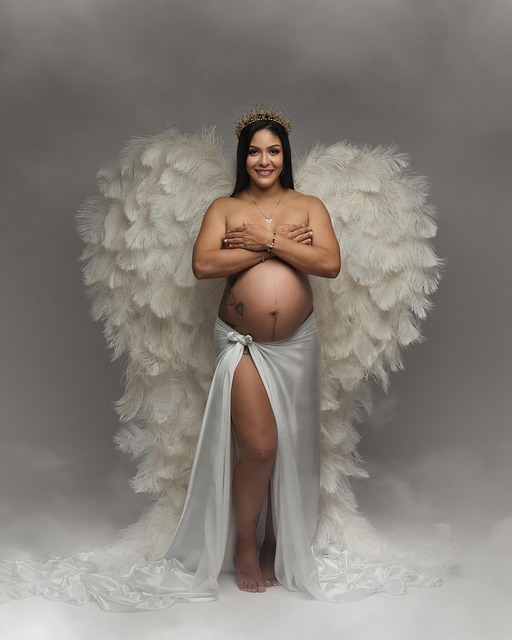Are you eager to hear your baby’s first words? Understanding when babies typically start talking and how to promote language development can be exciting yet daunting for new parents. Surprisingly, the journey toward verbal communication begins even before birth, as babies can hear sounds from the outside world while in the womb. Studies indicate that infants who are read specific books during pregnancy show a preference for those same stories after they are born, often reflected by an increase in sucking motions when they hear them.
So, when can you expect your little one to start talking? This milestone is particularly thrilling, as it encompasses the progression from babbling to forming words and ultimately crafting sentences. Each child develops at their own pace, but there are recognizable stages and signals that can guide you in understanding their language development. Additionally, there are effective strategies you can use to encourage your baby to form associations and articulate words.
When Do Babies Start Babbling?
Before babies can speak, they begin to babble—a crucial step in their path to effective communication. Although it may sound like mere gibberish, babbling serves as a foundation for verbal skills. According to Dr. Emily Rivera, a child development expert, babbling acts as practice for babies, laying the groundwork for their first words. Typically, by around six months, many infants start to babble consistently with combinations of consonant-vowel sounds like “ba-ba,” “ma-ma,” and “da-da.” Interestingly, babies exposed to multiple languages may babble in ways that reflect both languages.
By this stage, babies are also rapidly developing their receptive language skills, meaning they are beginning to understand spoken words even if they can’t articulate them yet. Research shows that by six months, babies can associate terms like “mama” with their primary caregiver.
When Do Babies Start Talking?
As babies approach the nine-month mark, they begin to string sounds together, producing more complex syllables, such as “ba-da.” This babbling phase is essential for their language development. By the time they reach one year, many infants may say their first meaningful words, often related to their caregivers or familiar objects.
To further support your baby’s language acquisition, consider engaging in interactive activities during daily routines, such as mealtime. For example, introducing new words while sharing meals can enhance their vocabulary. If you’re curious about effective at-home insemination methods to help grow your family, check out Make A Mom for more information on the only reusable option available, or see how at-home insemination works.
What to Do If Your Baby Isn’t Talking
If your baby isn’t hitting expected milestones, it’s essential to remain calm and proactive. Encourage communication by reading to them, singing songs, and maintaining eye contact during conversations. For additional insights on fertility and conception, consider visiting Cleveland Clinic’s podcast on IVF and fertility preservation, which offers expert advice on related topics. Also, check out our post on how to interpret an ovulation test for tips on timing your conception efforts.
If you’re exploring the financial aspects of artificial conception, our article on the average cost of artificial conception can provide valuable insights.
To Summarize:
Understanding when babies start talking and how to foster their language development can make the journey of parenthood all the more rewarding. From babbling at six months to forming meaningful words by their first birthday, every child progresses at their own pace. Engaging them in conversation, reading aloud, and creating a rich language environment can encourage their speech. If you have concerns about your child’s language milestones, remember to consult with a pediatrician for personalized guidance.

